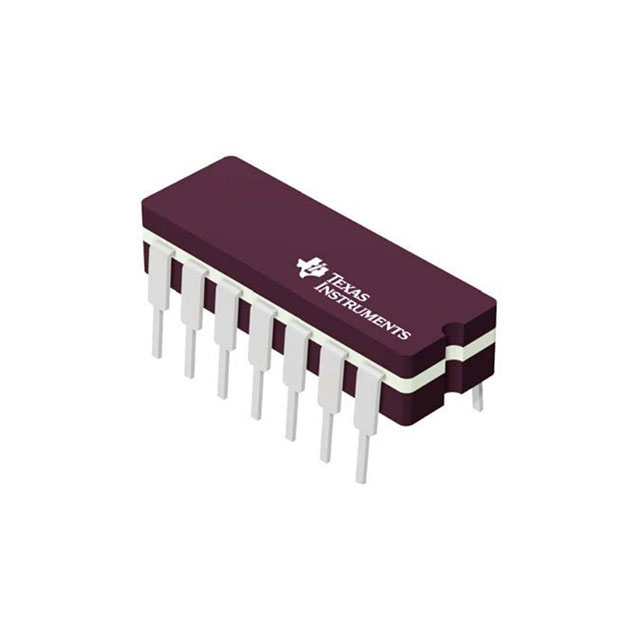SN74F74N
Manufacturer No:
SN74F74N
Manufacturer:
Description:
IC FF D-TYPE DUAL 1BIT 14DIP
Datasheet:
Delivery:





Payment:




In Stock : 712
Please send RFQ , we will respond immediately.









SN74F74N Specifications
-
TypeParameter
-
Package / Case14-DIP (0.300", 7.62mm)
-
Supplier Device Package14-PDIP
-
Mounting TypeThrough Hole
-
Operating Temperature0°C ~ 70°C (TA)
-
Current - Quiescent (Iq)16 mA
-
Voltage - Supply4.5V ~ 5.5V
-
Current - Output High, Low1mA, 20mA
-
Trigger TypePositive Edge
-
Max Propagation Delay @ V, Max CL8ns @ 5V, 50pF
-
Clock Frequency145 MHz
-
Number of Bits per Element1
-
Number of Elements2
-
Output TypeComplementary
-
TypeD-Type
-
FunctionSet(Preset) and Reset
-
PackagingTube
-
PackagingBulk
-
Product StatusActive
-
Series74F
The SN74F74N is a specific model of integrated circuit (IC) chip, commonly known as a flip-flop. Flip-flops are fundamental building blocks in digital electronics and are used for various purposes in electronic circuits. Here are some advantages and application scenarios of the SN74F74N chip:Advantages: 1. Versatility: The SN74F74N chip is a dual positive-edge-triggered D-type flip-flop, which means it can store and manipulate binary data effectively. 2. High-speed operation: This chip is designed to operate at high clock frequencies, making it suitable for applications that require fast data processing. 3. Wide voltage range: The SN74F74N chip can operate within a wide voltage range, typically from 4.5V to 5.5V, allowing compatibility with various digital systems. 4. Low power consumption: It is designed to consume low power, making it suitable for battery-powered devices or applications where power efficiency is crucial.Application scenarios: 1. Sequential logic circuits: Flip-flops like the SN74F74N are commonly used in sequential logic circuits to store and manipulate binary data. They can be used for tasks such as data storage, synchronization, and timing control. 2. Counters and registers: Flip-flops are essential components in designing counters and registers, which are used in applications like frequency dividers, digital clocks, and data storage systems. 3. Memory elements: Flip-flops can be used as memory elements in digital systems, allowing the storage and retrieval of data. 4. Synchronization and data transfer: Flip-flops are used to synchronize and transfer data between different parts of a digital system, ensuring proper timing and reliable data transmission.It's important to note that the specific application of the SN74F74N chip may vary depending on the overall circuit design and requirements. It's always recommended to consult the chip's datasheet and relevant documentation for detailed information on its features and usage.
SN74F74N Relevant information







